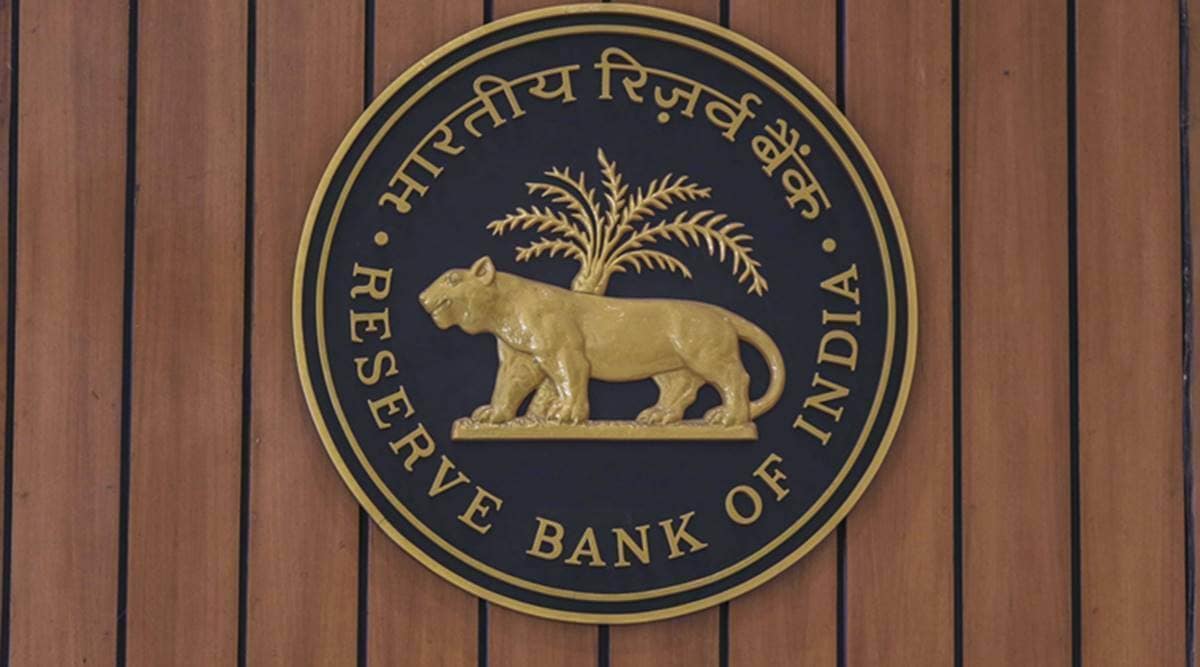RBI easing norms may arrest outflows from NRE accounts
Interest rates on NRE deposits are expected to rise in the wake of the RBI measures.
 Candidates can download their admit card from the official website – rbi.org.in (File photo)
Candidates can download their admit card from the official website – rbi.org.in (File photo)Non-resident Indian deposits which showed a decline in the financial year 2021-22 are expected to pick up in the coming months as the Reserve Bank decision to relax the norms governing the Foreign Currency Non-Resident Bank [FCNR(B)] and Non-resident External (NRE) deposits is expected to arrest the outflows from the NRE accounts and bring more inflows.
Interest rates on NRE deposits are expected to rise in the wake of the RBI measures.
Total NRI deposits had declined to $139.02 billion in FY22 from $141.89 billion in the previous year. NRE deposits account for a major chunk of NRI deposits with an outstanding at $100.80 billion, down from $102.57 billion a year ago, amid expectations of a rate hike by global central banks.
Banks will be able to offer higher returns to NRIs on their deposits. “The removal of CRR, SLR and interest rate capping norms for incremental NRI deposits in FCNR-B and NRE term deposits will help in reduction of cost of funds and allow banks to offer higher yields to customers,” said Shyam Mani, Head-SME and NRI Banking, CSB Bank.
State Bank’s NRE deposit rate in the one year to two year bucket is currently 5.30 per cent.
“In a scenario where the NRI deposits have declined sharply in the last financial year, this initiative by the RBI will lead to higher forex inflows and bigger deposit growth for the banks,” Mani said. Weakened rupee will also mean more rupee per dollar for NRI customers and hence this short-term window opened by the RBI will immensely benefit the NRIs in more than one way as this also coincides with the festival period when most of the NRIs visit India. “The RBI move will arrest the outflow from the NRE accounts,” said a banking source.
With lower cash reserve requirements, banks will have the room to raise the landed cost of NRE and FCNR accounts to draw fresh funds. It means banks will have more NRI funds at their disposal for lending activities.
NRIs can open an NRE account – introduced in 1970 — with funds remitted to India through a bank abroad. This is a repatriable account and transfer from another NRE account or FCNR(B) account is also permitted. An NRE rupee account may be opened as current, savings or term deposit. Local payments can be freely made from NRE accounts.
Since this account is maintained in rupees, the depositor is exposed to exchange risk. NRIs and PIOs have the option to credit the current income to their NRE accounts, provided the authorised dealer is satisfied that the credit represents current income of the non-resident account holders and income-tax thereon has been deducted or provided for.
On Wednesday, the RBI said banks will be temporarily allowed to raise fresh FCNR(B) and NRE deposits without reference to the current regulations on interest rates, with effect from July 7, 2022. This relaxation will be available for the period up to October 31, 2022.
- 01
- 02
- 03
- 04
- 05































